#currency
Will Toyota Leave Japan?
For a while, TTAC has been tracking a strange story: Instead of exporting cars, Japanese carmakers (or should we call them factorymakers?) increasingly resort to exporting car factories. The higher and higher yen makes exports prohibitively expensive. On the other hand, a higher and higher yen buys more and more production capacity abroad. From Nissan to Mitsubishi, there is a chorus that sings the song that suddenly, people in low wage countries can make high quality cars. Now nobody would assume that Japanese carmakers plan a wholesale desertion of the land of Nippon, right? Wrong.
Today, we find an odd statement in The Nikkei [sub]: Toyota denies that they will leave Japan. At least not now …
Toyota Mulling The End Of The Japanese Corolla
Toyota Saying Sayonara To Japanese Production?
The ever rising yen makes Japanese manufacturers flirt with the idea of abandoning the land of the rising sun and to shift production abroad. Toyota President Akio Toyoda told Asahi Shimbun that Toyota wants to keep building cars in Japan — for domestic sales. Even that is up for discussion.
Yen Strengthens, Mazda Freaks
You know who is really freaked about the stronger and stronger Japanese yen? Mazda. Mazda is considered the Japanese manufacturer with the highest exposure to currency swings. Mazda builds 70 percent of its vehicles in Japan. In the first half of 2010, Mazda exported nearly 80 percent of its Japanese output. Ouch. A year ago, a dollar bought 110 yen. Today, it buys only 84. As the yen continues its march upwards against other currencies, Mazda is enacting emergency cost reduction measures to protect their profits from being gobbled up by a steadily advancing yen on its earnings. Here is the plan:
Japanese Carmakers Below Invoice! Buy Now?
Psssst! Want to buy Japanese car makers below book value? Now is the time. Spooked by the strong Japanese Yen, stocks of export-heavy Japanese automakers such as Toyota and Suzuki can be had for less than the assets on the books.
Japanese Car Makers Worried About Sumo-Sized Yen
There was a time, in summer of 2007, when a dollar bought more than 120 yen. Once you arrived in Tokyo, you quickly wished it would have bought more. Now, the dollar buys about a third less. The dollar/yen rate had been at a downward trajectory since that summer of 2007. What made the yen really expensive was a company called Lehman Brothers, and the fallout following their bankruptcy in 2008. For inexplicable reasons, the yen is seen as a safer currency than the greenback. Should you make the mistake of stepping off the plane with Euros in your pocket, you would be in for an even bigger shock. In July 2008, a Euro bought 170 yen. Now, it’s down to 109. For even more inexplicable reasons, some mentally unstable people still talk about an undervalued yen.
You may not travel to Tokyo frequently enough to give a hoot. But Japanese auto manufacturers don’t want to take it any more.
China: Higher Wages, Higher Currency, Higher Automation
Strong Yen Drives Japanese Auto Makers Out Of The Country
If anybody will again blather about a “weak yen” that has been “manipulated by the Japanese government,” then I’ll personally come visit, with the intent to insert a sock in the mouth. For reasons explicable only to forex mavens, the currency of the economic basked case Japan keeps on getting stronger. Japan’s car manufacturers think this will continue, and they are taking precautions. More precisely, they are taking production out of Japan.
China's Dongfeng On The Prowl For Western Beauties
Western auto makers in distress are in the cross-hairs of Chinese auto makers that are riding one of the largest car booms in history. When Geely closed its deal with Ford over Volvo, we wrote: “Government owned companies like FAW, SAIC, Dongfeng, or BAIC will watch closely how privately owned Geely will digest the Volvo purchase. If successful, western car companies will be on their shopping list again.” They already are.




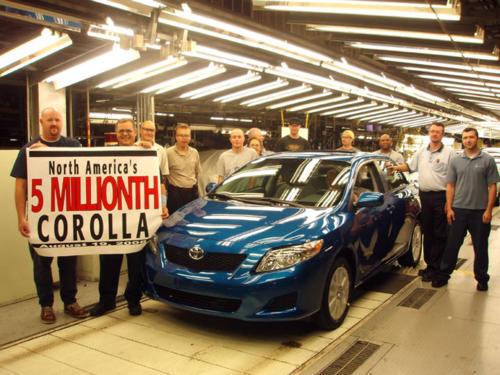
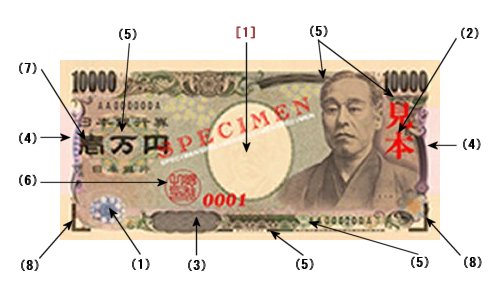

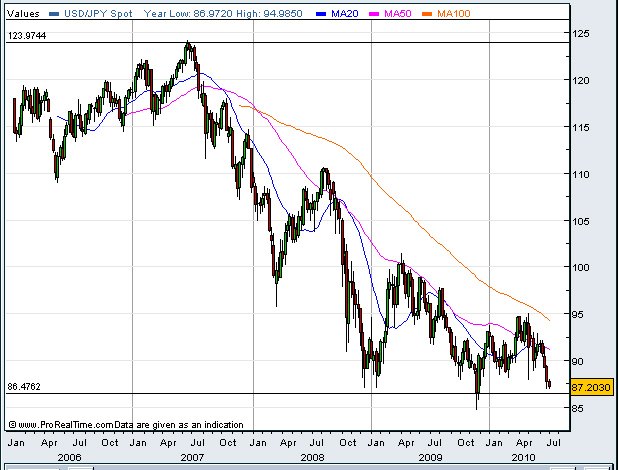

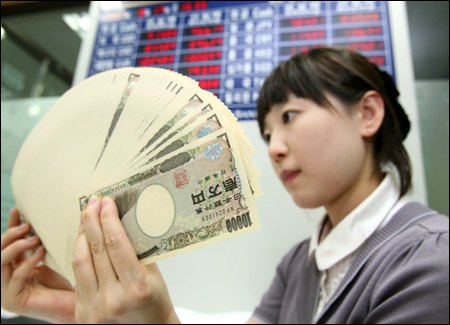

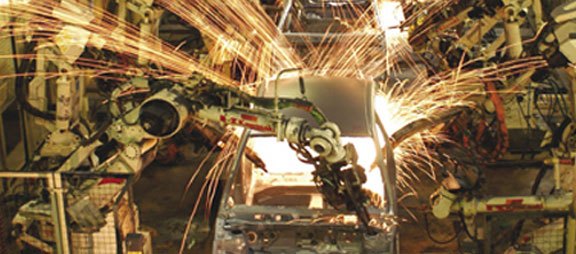












Recent Comments